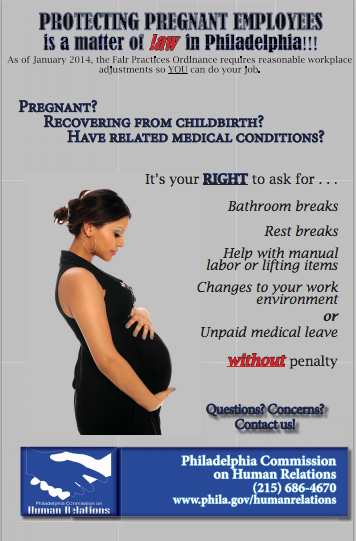Search
Teacher can’t return to work two weeks after maternity leave ends, but may have an ADA claim
Recently, I gave a webinar about the interplay between the Family and Medical Leave Act and the Americans with Disabilities Act. One of the takeaways there was that, when an employee’s 12 weeks of FMLA leave expire, you need to be thinking about ADA implications rather than processing a pink slip at 12 weeks and a day. This is because additional leave may be a reasonable accommodation.
The same issues can arise if you have a pregnant employee. That is, you need to consider the interplay between the Pregnancy Discrimination Act and the ADA.
A recent case shows how the ADA may apply to pregnant employees.
 The Employer Handbook Blog
The Employer Handbook Blog





